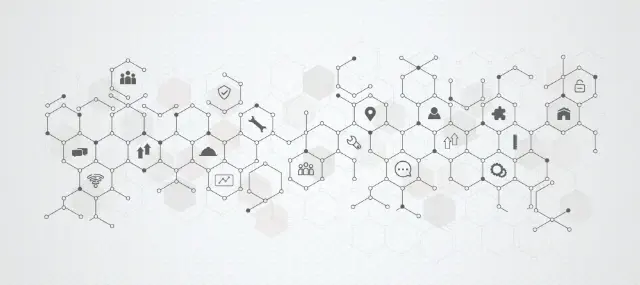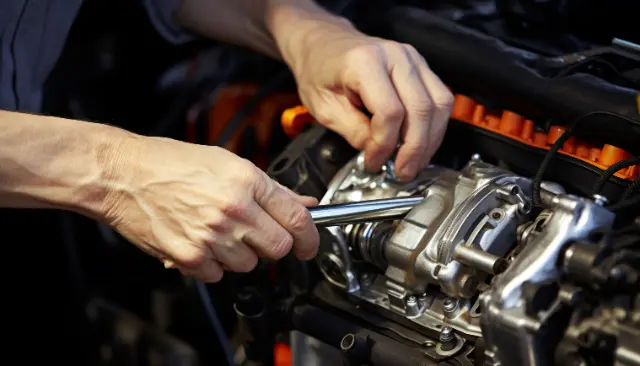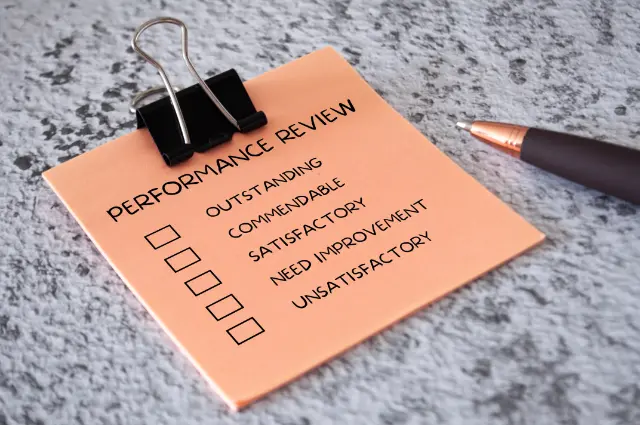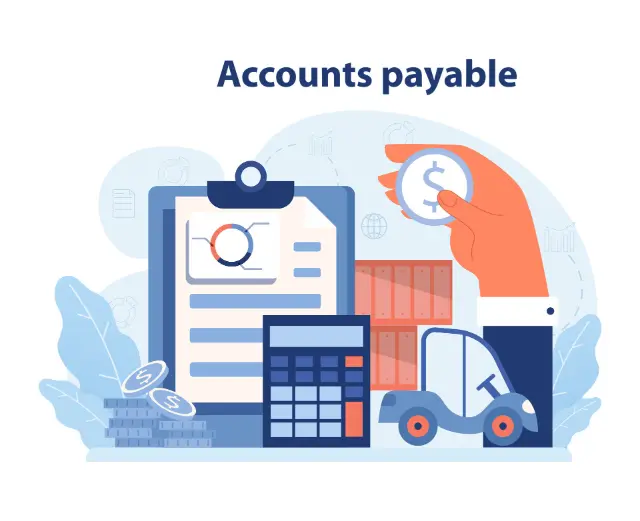Automating Maintenance and Repair: A Key to Unlocking Manufacturing Efficiency
Maintenance and Repair Automation is the key to unlocking new levels of efficiency and accuracy in the manufacturing industry. Traditional methods of maintenance and repair can be time-consuming, error-prone, and inefficient. By leveraging the power of Python, AI, and cloud-based solutions, manufacturers can automate these processes, freeing up valuable time and resources while improving the overall effectiveness of their operations.

Python, AI, and Cloud: The Power Trio for Maintenance and Repair Automation
Python is a powerful programming language that is well-suited for developing both unattended and attended bots for maintenance and repair automation. Unattended bots can be used to automate repetitive tasks, such as scheduling maintenance tasks, generating work orders, and assigning maintenance tasks to technicians. Attended bots can be used to assist technicians with more complex tasks, such as diagnosing equipment problems and providing step-by-step instructions for repairs.
Cloud platforms offer a number of advantages over traditional RPA/workflow tools orchestrators. Cloud platforms are more scalable, reliable, and secure. They also offer a wider range of features and capabilities, such as built-in AI services.
AI can be used to improve the accuracy and efficiency of maintenance and repair automation. For example, AI can be used to:
- Identify potential equipment failures using predictive maintenance algorithms
- Diagnose equipment problems using image recognition and natural language processing
- Generate work orders and assign maintenance tasks to technicians based on their skills and availability
By combining the power of Python, AI, and cloud platforms, manufacturers can create comprehensive maintenance and repair automation solutions that can help them to improve efficiency, accuracy, and uptime.

Building the Maintenance and Repair Automation
The first step in building a maintenance and repair automation solution is to analyze the processes involved. This includes identifying the different tasks that need to be automated, as well as the data that is required for each task.
Once the processes have been analyzed, the next step is to develop the automation scripts. These scripts can be written in Python and deployed to a cloud platform.
The following are some of the sub-processes that can be automated using Python and cloud:
- Scheduling maintenance tasks: This involves creating and managing maintenance schedules, as well as assigning tasks to technicians.
- Generating work orders: This involves creating work orders for maintenance tasks, as well as tracking the progress of each work order.
- Assigning maintenance tasks to technicians: This involves assigning maintenance tasks to technicians based on their skills and availability.
- Predictive maintenance: This involves using AI algorithms to identify potential equipment failures and schedule preventive maintenance tasks.
It is important to ensure that data security and compliance are taken into account when developing maintenance and repair automation solutions. This includes encrypting data at rest and in transit, as well as implementing access controls to protect data from unauthorized access.
Advantages of using Python for maintenance and repair automation:
- Python is a powerful and versatile programming language that is well-suited for developing complex automation solutions.
- Python has a large and active community, which means that there is a wealth of resources and support available.
- Python is open source, which means that it is free to use and modify.
Limitations of using no-code RPA/workflow tools for maintenance and repair automation:
- No-code RPA/workflow tools are often limited in terms of the functionality that they offer.
- No-code RPA/workflow tools can be expensive to implement and maintain.
- No-code RPA/workflow tools can be difficult to integrate with other systems.
Why Algorythum takes a different approach to maintenance and repair automation:
Algorythum takes a different approach to maintenance and repair automation because we believe that Python is the best language for developing complex automation solutions. Python is powerful, versatile, and open source. This makes it an ideal choice for developing automation solutions that are tailored to the specific needs of our clients.
We have also found that our clients are often dissatisfied with the performance of off-the-shelf automation platforms. These platforms are often limited in terms of the functionality that they offer, and they can be expensive to implement and maintain.
By taking a Python-based approach to maintenance and repair automation, we are able to develop solutions that are tailored to the specific needs of our clients. We can also ensure that our solutions are scalable, reliable, and secure.

The Future of Maintenance and Repair Automation
The future of maintenance and repair automation is bright. As AI and cloud computing continue to evolve, we can expect to see even more powerful and sophisticated automation solutions emerge.
One area of future development is the use of AI to automate more complex tasks. For example, AI could be used to diagnose equipment problems using image recognition and natural language processing. AI could also be used to generate work orders and assign maintenance tasks to technicians based on their skills and availability.
Another area of future development is the use of cloud computing to provide even more scalability and reliability. Cloud platforms can be used to host automation solutions that are accessible from anywhere in the world. Cloud platforms can also be used to provide real-time data analytics, which can help to improve the efficiency and effectiveness of maintenance and repair operations.
We encourage you to subscribe to our blog to stay up-to-date on the latest developments in maintenance and repair automation. We also encourage you to contact our team to get a free feasibility and cost-estimate for your custom requirements.

Algorythum – Your Partner in Automations and Beyond
At Algorythum, we specialize in crafting custom RPA solutions with Python, specifically tailored to your industry. We break free from the limitations of off-the-shelf tools, offering:
- A team of Automation & DevSecOps Experts: Deeply experienced in building scalable and efficient automation solutions for various businesses in all industries.
- Reduced Automation Maintenance Costs: Our code is clear, maintainable, and minimizes future upkeep expenses (up to 90% reduction compared to platforms).
- Future-Proof Solutions: You own the code, ensuring flexibility and adaptability as your processes and regulations evolve.









